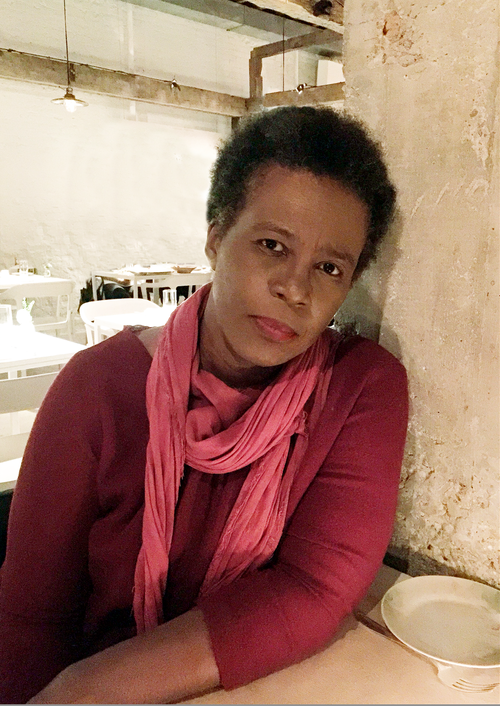
An Interview with Claudia Rankine
“The struggle of man against power,” wrote Milan Kundera, “is the struggle of memory against forgetting.” This statement points towards one of the central themes that unfolds in Claudia Rankine’s new volume of poetry, Citizen: An American Lyric.
Citizen, which was short-listed for the National Book Award, and has received wide critical and popular acclaim, is a book about racism and micro-aggressions, about our private selves, our public selves, our “self selves”, and our “historical selves”, and about what it means to be an American citizen today. The book meets you “when you are alone and too tired even to turn on any of your devices,” and forces you to observe: what’s outside the window, what’s on the television, what’s at the margins of the painting, and what’s happening—whether you admit it or not—at the margins of your mind. As Hilton Als puts it, “Citizen comes to you like doom.”
Switching between forms—verse, essays, second person narratives, images, and collages of quotation from other texts—Rankine is as comfortable inhabiting the most fleeting and private of emotions as she is addressing an indifferent American reality. Indeed, each form allows her to reveal new aspects of her subject matter. Her essays open up her images, and her images open her essays.
I met Professor Rankine (who teaches English at Pomona College) at her house in Claremont, California over Thanksgiving break. She invited me, an unknown student from a different college, over for Thanksgiving dinner, and then spoke to me for an hour two days later. Along with seriousness and outrage, I detected hope in her voice. Her answers, like her book, never shy away from the harsh truth. But one senses that she believes, that she actually imagines a better reality.
—Ratik Asokan
I. PAST THE BEAUTY AND INTO THE POWER
THE BELIEVER: Did you always know the book would take such a hybrid form?
CLAUDIA RANKINE: No. When I first started working on Citizen, I had no idea what form it would take. I didn’t know that the various approaches would end up in the same book. For example, I wrote the essay on Serena Williams because I was thinking about something someone said about Serena. It didn’t initially occur to me that the piece would be in the book.
It wasn’t as if I began on page 1 and ended on page 159. It came together. It’s one of those things: when you’re working on something over a long period of time, your mind—at least the way I work—your mind is probing your subject in different ways all over the place. At a certain point, you sit down and pull...
You have reached your article limit
Sign up for a digital subscription and continue reading all new issues, plus our entire archives, for just $1.50/month.
Already a subscriber? Sign in




